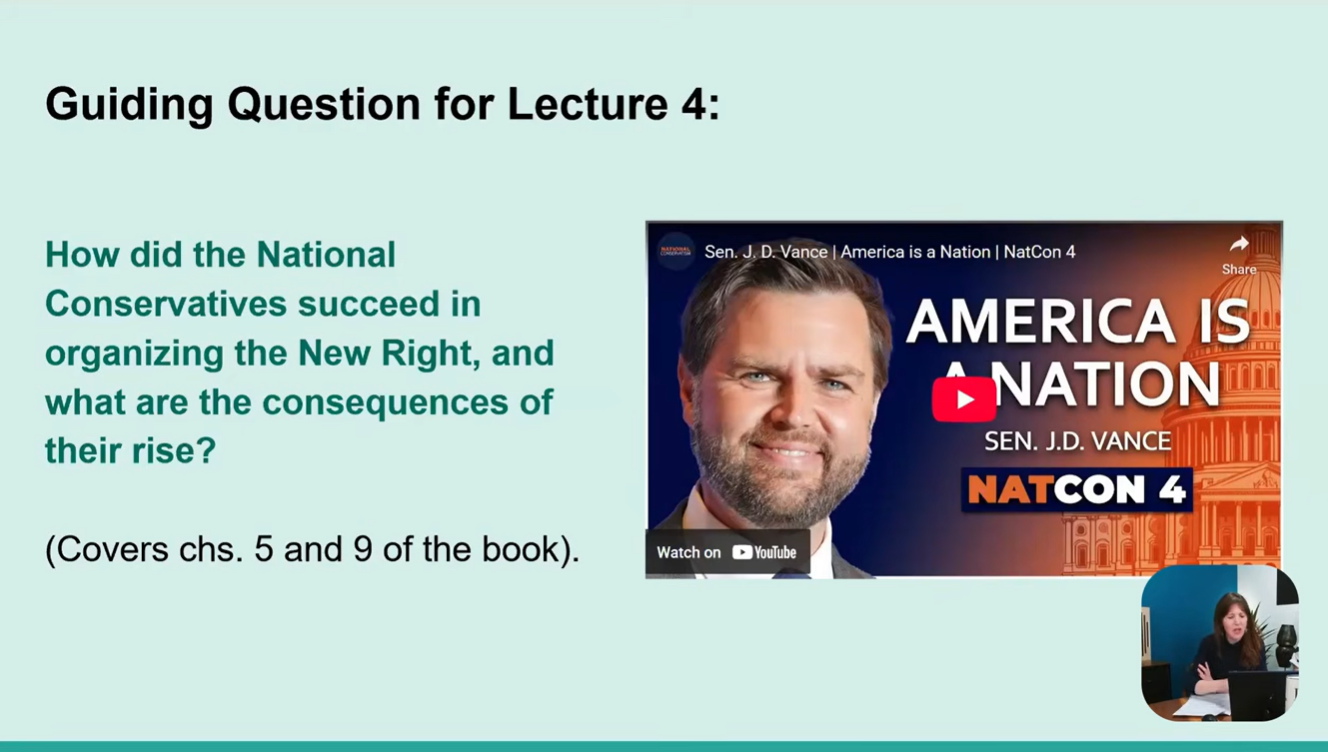The Week That Was: All of Lawfare in One Post
This week, the Justice Department announced a superseding indictment charging WikiLeaks founder Julian Assange with 17 counts of violating the Espionage Act and one count of conspiring to violate the Computer Fraud and Abuse Act. Jack Goldsmith noted that a successful prosecution of Assange will have adverse implications for mainstream U.S. news publications’ efforts to solicit, receive and publish classified information.
This week, the Justice Department announced a superseding indictment charging WikiLeaks founder Julian Assange with 17 counts of violating the Espionage Act and one count of conspiring to violate the Computer Fraud and Abuse Act. Jack Goldsmith noted that a successful prosecution of Assange will have adverse implications for mainstream U.S. news publications’ efforts to solicit, receive and publish classified information. Gabe Rottman of the Reporters Committee for Freedom of the Press agreed, characterizing the Justice Department’s action as seeking to “punish the pure act of publication of newsworthy government secrets.”
Goldsmith also wrote a follow-up to his earlier post on the Mueller report’s statutory interpretation analysis, adding to an active debate on the matter. Earlier in the week, Andrew Kent, Justin Florence and Ben Berwick defended Mueller’s analysis.
Bob Bauer assessed the perils and opportunities of Robert Mueller’s possible testimony before Congress, concluding that Mueller’s testimony could provide an opportunity to look ahead and aid in designing procedures to hold presidents and other senior executive branch officials accountable for compliance with the law in the future.
Matthew Kahn shared a White House letter notifying the House Judiciary Committee that President Trump directed Don McGahn to disregard the committee’s subpoena. The letter relied upon a legal opinion from the Office of Legal Counsel that McGahn enjoys immunity from compelled testimony, which was posted here. Jonathan Shaub discussed the White House’s directive not to comply with the subpoena, exploring the concepts of testimonial immunity, executive privilege, and the president’s authority over former officials.
Quinta Jurecic urged the House of Representatives to open an impeachment inquiry in light of serious and repeated breaches of legal norms by the president, arguing that any further delay by the House weakens the case that such proceedings are a matter of moral and constitutional necessity. Meanwhile, Molly Reynolds and Margaret Taylor explained the investigative powers that the House of Representatives would gain by initiating impeachment proceedings.
Taylor also summarized U.S. District Court Judge Amit Mehta’s ruling that President Trump cannot block the committee’s subpoena to Trump’s accountant, Mazars, and highlighted the speed with which the court was able to resolve the sensitive issue. Mehta’s ruling is posted here. Later in the week, Jurecic posted an order from the U.S. District Court for the Northern District of California preliminarily enjoining in part the government's construction of a U.S.-Mexico border wall using funds reprogrammed by the Defense Department.
Jurecic posted a presidential memorandum concerning “Agency Cooperation with Attorney General's Review of Intelligence Activities Relating to the 2016 Presidential Campaigns.”
On a similar note, Carrie Cordero called for the Justice Department to conduct a review of policies and procedures governing national security investigations involving political campaigns ahead of the 2020 election, with the goal of ensuring the FBI and the intelligence community have the authorities, guidelines and clear policy direction needed to perform necessary counterintelligence intelligence functions. Along with Joshua Geltzer, Cordero also analyzed the national security implications of the Trump administration’s preference for acting officials over those who have been confirmed by the Senate.
Scott Anderson and Benjamin Wittes discussed the reasoning behind their third annual Freedom of Information Act lawsuit of the internal climate survey at the FBI. In response to news reports that Trump is considering pardoning several military service members and defense contractors charged with or convicted of war crimes, Margaret Colgate Love, a former U.S. pardon attorney, wrote about the role of the attorney general in providing advice to the White House on such matters.
Moving across the globe, Rachel Brown and Preston Lim provided a roundup of U.S.-China technology policy news, including the Trump administration’s issuance of an executive order declaring a national emergency related to the security telecommunications supply chain and functionally blocking Huawei from the U.S. market. Nicholas Weaver explored the potential consequences of a blanket ban on sales by U.S. firms to Huawei and called for the Commerce Department to issue guidance clarifying the scope of the order. Anthea Roberts, Henrique Choer Moraes and Victor Ferguson shared their new paper on how the U.S.-China trade war reflects increasing technological competition and has the potential to radically reshape global tech supply chains and international economic governance. And Doug Stephens IV provided an update on tensions and naval activity in Southeast Asia.
Bruce Reidel called on the U.S government to open a direct dialogue with the Houthis to better understand their behavior and send a message to Saudi Arabia that the United States will not be dragged into a war with Iran to serve Saudi interests. Zach Vertin examined Turkey’s diplomatic efforts in the Horn of Africa. And Emmah Wabuke highlighted the growing role of African regional bodies in promotion of peace and security in their respective regions and described how the Economic Community of West African States (ECOWAS) operationalized the Responsibility to Protect (R2P) principle in its military intervention into the Gambia in 2016-2017.
Paul Rosenzweig highlighted two recent efforts to advance the project of objectively measuring cybersecurity, and Garrett Hinck and Tim Maurer assessed the value of charging foreign state-linked hackers. Bruce Schneier shed light on one example of seemingly fictitious research in the cryptography field. And as states continue to grapple with how to deal with the spread of misinformation, Evelyn Douek compared the French government’s report on regulation of speech on the internet with the Christchurch Call. Kahn shared the written remarks delivered by Associate Deputy Attorney General Sujit Raman to the ABA Rule of Law Initiative annual conference on the subject of “The Rule of Law in the Age of Great Power Competition in Cyberspace.”
Ashley Deeks announced an online symposium organized by the American Journal of International Law Unbound featuring essays and videos discussing unilateral targeted sanctions.
Mikhaila Fogel posted newly unsealed search warrants targeting former Trump lawyer Michael Cohen obtained by the Special Counsel’s office in 2017. And Jurecic posted transcripts of two interviews the House Intelligence Committee conducted with Michael Cohen.
Fogel also posted transcripts released by Rep. Doug Collins of Georgia, the top Republican on the House Judiciary Committee, of interviews with former and current Justice Department officials conducted by the previous Congress. The interviews concerned the Hillary Clinton email investigation and the investigation into Russian interference in the 2016 presidential election.
Jen Patja Howell posted this week’s Rational Security podcast, the “No Way, Huawei” edition, as well as episodes of the Lawfare Podcast with Lawfare contributor Chuck Rosenberg and Christine Fair.
Bobby Chesney and Steve Vladeck shared this week’s episode of the National Security Law Podcast.
And Stewart Baker released two episodes of The Cyberlaw Podcast. The first discusses the arrest of an intelligence analyst who leaked classified information to The Intercept, Israel’s bombing of the headquarters of Hamas’s hacking operation, and China’s use of intrusion tools pioneered by NSA. The second covers the Supreme Court’s 5-4 decision in Pepper v. Apple, the trade war with China, and other news.
And that was the week that was.





